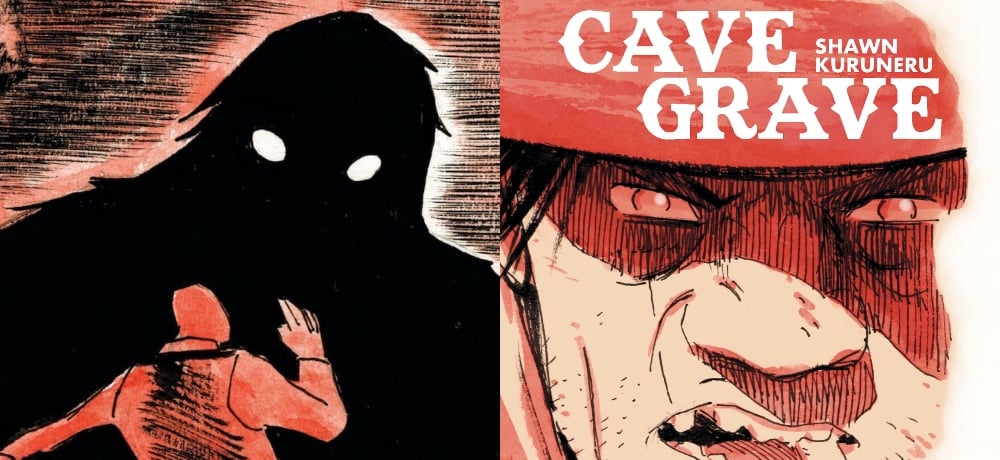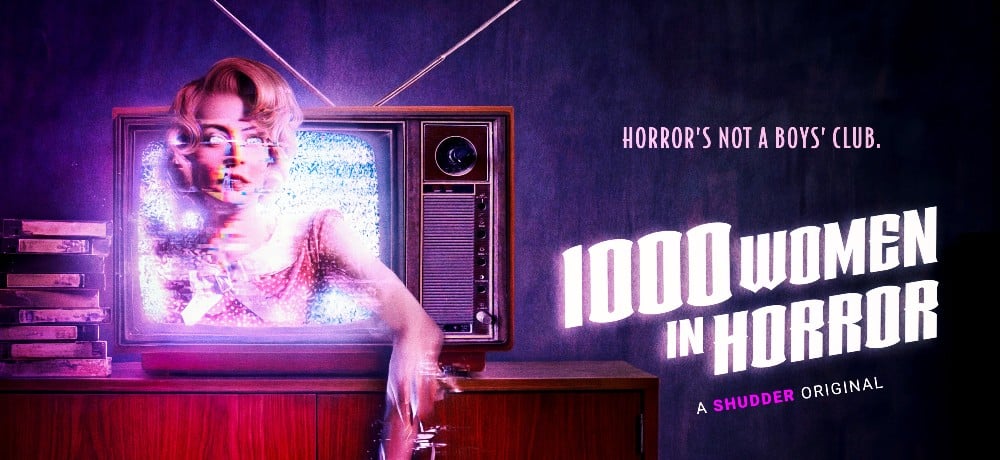





It’s hard to know whether Jim Jarmusch means for his latest film to be a rejoinder to the spate of vampire movies that audiences have embraced or just a highbrow addition to its ranks, but Only Lovers Left Alive is by far one of the most thoughtful movies about the lives of the undead ever made. That said, it’s not one of the most original, which is why it becomes exponentially less interesting the more it decides to be about something.
Tom Hiddleston (Thor: The Dark World) plays Adam to Tilda Swinton’s (The Grand Budapest Hotel) Eve, a pair of vampires who live on separate continents – he in Detroit, she in Tangier – and have been soul mates for centuries. Decided opposites, he makes idiosyncratic rock & roll that has earned him both money and fame, perhaps in part because of his melancholy reclusiveness, while she shuffles through the streets unafraid, sharing her evenings with friends and consuming pop culture voraciously.
After learning that Adam has been contemplating suicide, Eve decides to visit him in Michigan, for an overdue and welcome reunion. But after Eve’s impulsive sister Ava (Mia Wasikowska) shows up on Adam’s doorstep seeking refuge, their idyllic enclave begins to attract attention from the outside world, forcing them to make a dangerous journey that may cost their lives if it doesn’t save them.
The first hour of Only Lovers Left Alive is pretty much perfect, both in terms of its precision in crafting the personalities of these two irresistible characters, and in depicting the lifestyles of vampires. Although Swinton and Hiddleston share only a few minutes of screen time – in the same room, at least – during that time, they create a believable relationship between polar opposites who have endured, and been a part of, some of the last few centuries’ most indelible moments. Jarmusch’s trademark dry humor combines defining details from their lives with music, literature and art, hinting at less of a grand mythology for bloodsuckers than a collective portrait of what it means – or at least how it might feel – to be around long enough to see so many things come to pass.
As much of a downer as Adam seems, there’s something remarkably sympathetic, even charming about him, a man less despondent over the absence of meaning to his life than desperately hopeful for it. Hiddleston, so powerfully effective as the mischievous Loki, dials down his natural charisma, coolly regarding the outside world with suspicion even as he moons over the one-of-a-kind, antique instruments he uses to create the dissonant musical landscapes that echo his internal turmoil. Meanwhile, Swinton’s singular screen presence can sometimes augment the “oddity” of a character, circumstance or story, but as Eve she’s progressive, broad-minded and ingratiating, the fully modern and yet fundamentally timeless confidante we all wish we had.
As a matter of design or necessity, Jarmusch’s script eventually succumbs to the demands of having a narrative, and Ava is the catalyst for the second half of the film – and unfortunately, that makes it far less interesting. While the notion of two vampires working out the logistics of a trip halfway across the world is undeniably interesting, what necessitates it is much less so, not the least of which because it is almost identical to what happens in Xan Cassavetes’ Kiss of the Damned, where a troublemaking younger sister also arrives and unapologetically shakes up the lives of two previously very happy undead lovers. Mind you, that film isn’t as well constructed or effective as Jarmusch’s – although it outpaces Only Lovers in sensuality, which practically drips off of the screen – but the similarities, or maybe just the simple obviousness of dropping a bull into a china shop, are not just distracting, but disappointing.
Although I wasn’t a fan of Jarmusch’s glacial, impenetrable The Limits of Control, I’ve loved his films since the days of Down By Law, where he merged sardonic humor with rich, unique characters and lackadaisical but nevertheless detectible plotting. His filmmaking epitomizes the principle of “it’s not the destination, but the journey that counts,” but where he falters with his latest is in prioritizing where the characters are going rather than how they get there, metaphorically speaking. His care and concern for his characters is as ardent and affectionate as ever, but I felt my interest drifting once Jarmusch deprioritized the mundane details of a vampire lifestyle and focused instead on how they’re getting where they’re going, and so on.
Nevertheless a moving and romantic film that surpasses virtually all recent on screen love stories, much less ones predicated on drinking blood, Jarmusch’s latest feels like he’s acquiescing to the demands of the moviegoing marketplace but fulfilling them in only the ways he knows how. It will undoubtedly benefit from multiple viewings, not only to offer the opportunity to pick up little notes and punch lines that have deeper artistic or historical resonance, but to give viewers more time with a pair of characters who feel as natural and easy to love as it seems to be for them to love each other.
If only Jarmusch hadn’t bothered with making Adam and Eve do more than be proxies for truly eternal love, which he pulls off beautifully, his latest film might have been a truly profound meditation on humanity’s enduring qualities, and just plain endurance, much less the genre it inhabits. But ultimately, Only Lovers Left Alive is at its most powerful, and beautiful, when it’s concentrating on how the search for immortality, or maybe more specifically, life’s meaning, is found not in time spent, or accomplishments achieved, but in love shared with someone else.
Movie Score: 3.5/5